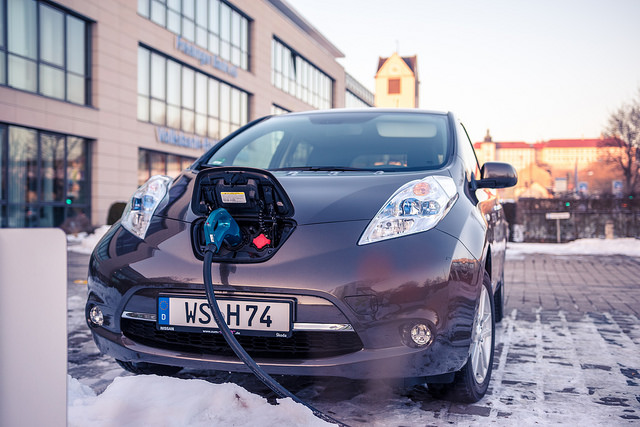All over the world, car makers are moving towards developments that are environmentally friendly due to increasing government initiatives and our clear need for low-emission vehicles to bring down our carbon footprint. While the competition amongst carmakers is tough, top Japanese brands are banding together to produce an efficient and affordable battery for cars.
What is a solid-state battery?
Solid-state batteries differ from Lithium-ion or Lithium polymer batteries because it uses electrodes and solid electrolytes but not polymer electrolytes. These can store more energy because it can tolerate high temperatures. These are in RFIDs, pacemakers along with other wearable devices and, car batteries.
The Consortium
The necessity to develop the most efficient solid-state batteries made big names in the industry like Toyota, Honda, Nissan, Panasonic, Asahi Kasei, Toray Industries and GS Yuasa collaborate in this effort. This consortium is called Lithium-Ion Battery Technology and Evaluation Centre (Libtec). They received a $14 million support grant from Japan’s Ministry of Economy.
Also Read: Three DIY Car Repairs Everyone Should Know
Goals
Libtec’s goal for 2025 is to make a solid-state battery that can run for 550 km when fully charged. After that, they aim to make a battery that can cover 800 km in 2030. At the moment, batteries in EVs can only go for 400 km after charging and, members of the consortium think that they are still in the beginning stages of this technology.
If successful, it can set the standards for solid-state batteries in the future. Related technologies they discovered can also be registered in the International Electrotechnical Commission.
These batteries have less risk of fire and, don’t require complicated temperature management along with crash protection structures. Libtec is working to take advantage of these qualities to make lighter cars with longer range.
Japanese expertise
Japan had 70% of the EV battery market share in 2013 and, that dropped to 41% in 2016. In the same period, Chinese battery makers increased their global share from 3% to 26% which is quite a leap. If Libtec succeeds, they could put Japan at the top of the market again.
Companies in Japan are no strangers to joining forces and working together. Some of the members of Libtec participated in making more hydrogen fuel stations and, same names are also behind increasing the number of EV charging stations across the country.
The 2020 Olympics is happening in Tokyo and, the country saw it as an opportunity to show their dominance in the hydrogen fuel cell vehicles market. But with the decline of their sales of batteries, the Japanese focused more on reclaiming their spot with the help of Libtec. This can help them reach their goal of increasing electric car sales by 30% in 2030.
Aussie Car Loans
Electric cars are the future. In a few years, more of these awesome machines will be on the road, taking us places with less environmental risks. If you are interested in investing in one now, feel free to call Aussie Car Loans on 1300 889 669 for assistance. With expert advice and assessment, we can help you find the best financing options for purchasing a brand-new or secondhand electric cars.




